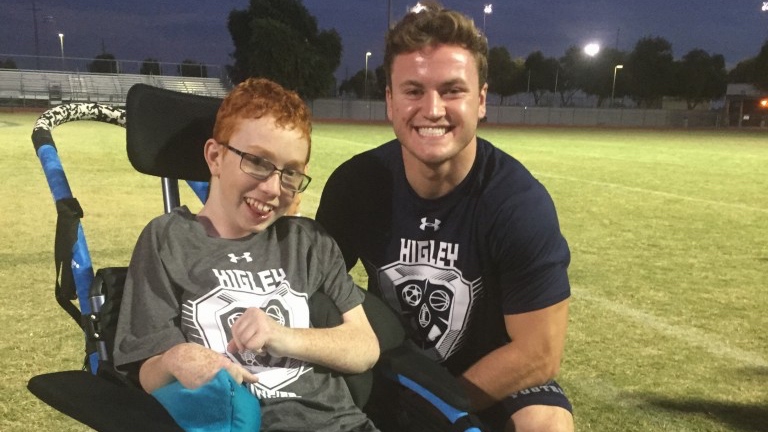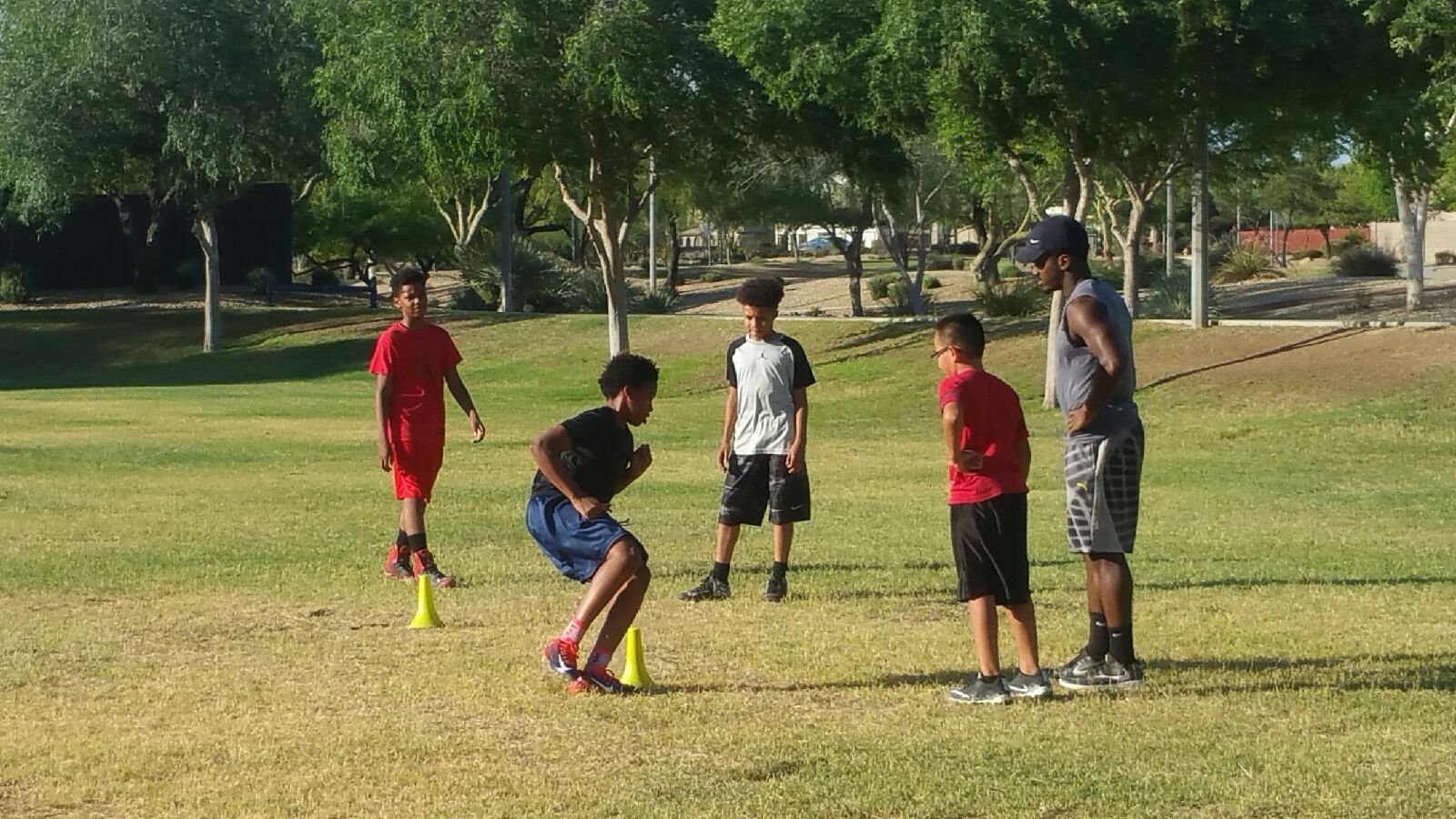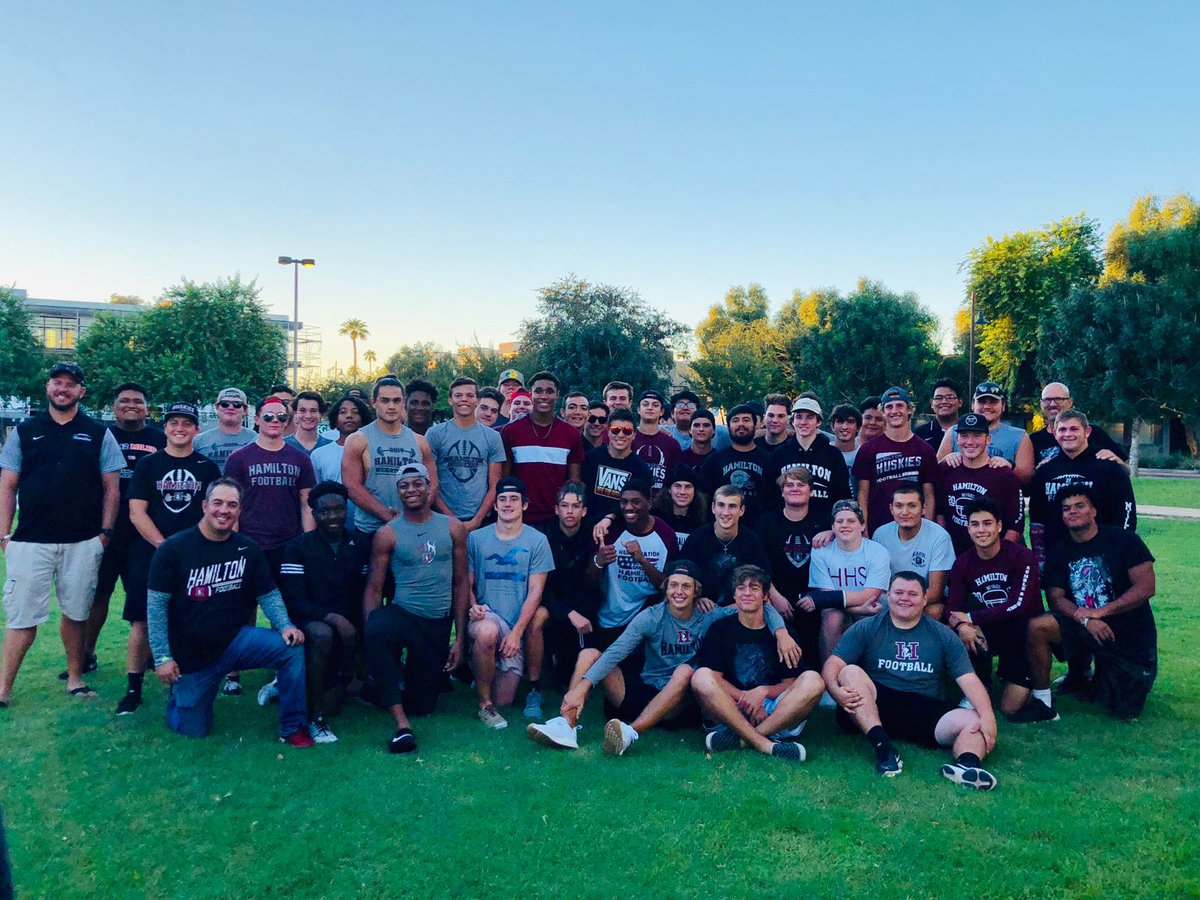By: Brandy Aguilar & Jordan Spurgeon
“It feels really good,” Jack Florez said. “You ever seen ‘Rocky’? It’s like you run up the stairs. It’s the ‘Adrian’ and that pose. It feels a lot like that.”
This is how Florez feels when he runs across the finish line at his cross-country meets. He’s a senior at Boulder Creek High School.
“My high school team and high school coaches are all incredible,” Florez said. “They’re all nice. They’re all accepting of me and even though I’m one of the slow people, they just treat me as one of their own.”
Florez was diagnosed with cerebral palsy when he was 2 years old.
“I was on a basketball team in like fourth or fifth grade and so I reached a point where I wasn’t getting any better and a bunch of other people were getting better,” Florez said. “So, my mom pulled me out of basketball and my mom is pretty insistent on me doing something outside of school. She ended up finding cross-country and said, ‘Jack, I want you to try this,’” he continued. “‘It’s running. It’s going to be hard and I want you to try it.’ I said OK. I tried it and I met a lot of friends and ended up liking it and I have been running the last six or seven years.”
Florez has not only improved his running, but he’s also excelled in many other areas of his life thanks to the United Cerebral Palsy (UCP) of Central Arizona.
“I saw Jack as an occupational therapist here in our therapy clinic. He was just 2 years old,” said Valerie Pieraccini, director of Therapy and Early Learning at UCP of Central Arizona. “The thing about him or his biggest challenge was his motor planning, which is essential in how a child or an individual executes a motor act. So for him, he knew what he needed to do in let’s say putting on a jacket as a little one, but he wasn’t able to plan those movements,” she continued. “So that was a lot of the focus of his therapies, helping him to be able to do those daily things that any child should be able to do.”
“When I was trying to figure out how to hold a pencil marker thing and so we would have fake lightsaber training,” Florez said. “She would chuck it and it would land somewhere and I would grab it and try and hold it. She would look at it and tell me, ‘You’re doing it right.’”
“One of the things that is most important is whatever you do in therapies it needs to be meaningful to a child and it needs to be real life,” Pieraccini said.
Florez also completed a new challenge by graduating from UCP’s LIFE program.
So that group basically allows young children or young adults to be able to work on life skills,” Pieraccini said. “So, some of the things I talked about that were previously challenges for him, he was able to work with like peers that had those same challenges and to be able to overcome those hurdles and really to realize that you’re not alone in this.”
“I was probably a lot less confident than I was because they taught me the skills I needed and the essentials of what I needed to do to provide for myself,” Florez said.
So, what advice does Florez have for those dealing with obstacles in their own life?
“Life is just going to be difficult,” Florez said. “It’s hard, that is what life is designed to be. So, if you just kind of accept that and keep moving forward, you’re going to look back on the hard times and, sure, they are going to be hard, but you’re going to realize that you grew from going through those times and that you come out a better person than you were going into it.”
Florez inspires others by sharing his story as a UCP Youth Ambassador. He graduates this May and hopes to serve an LDS mission.




